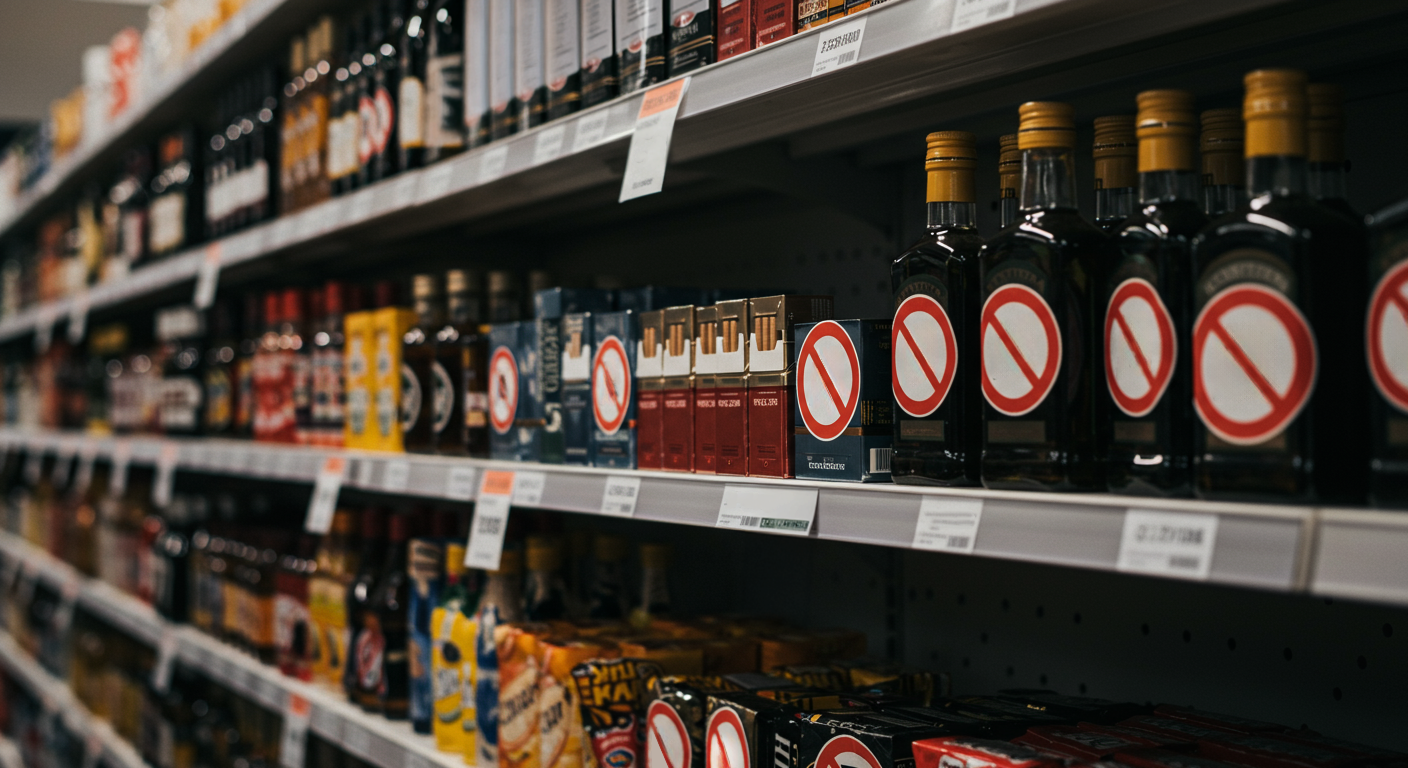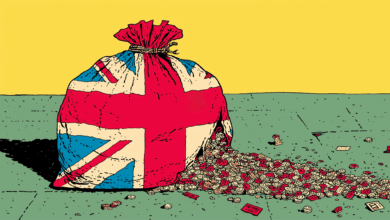Europe’s Nanny State Problem

Governments across the world insist on telling adults how they must behave. The liberty to make your own lifestyle choices is continuously eroding, with new bans and taxes being implemented at every corner, usually in the name of “protecting public health.”
Last Thursday, the Institute of Economic Affairs published its biannual Nanny State Index, a ranking of 29 European countries on the stringency of their lifestyle regulations. At the top of the list was Turkey, with its heavy anti-alcohol laws and complete ban on e-cigarettes, snus, and heated tobacco. Trailing right behind is Lithuania, with a ban on vape flavors, incredibly high taxes on heated tobacco (€222/kg), and the highest alcohol duty in the EU, after adjusting for affordability.
Germany, Luxembourg, and several Southern European countries remain at the more liberal end of the Nanny State Index. Germany has no sugar tax, no plain packaging, no restrictions on e-cigarette flavors, and no retail display bans. Adjusted for income, Luxembourg has the lowest taxes on alcohol and cigarettes of any of the 29 countries in the index. It has no wine duty, no sugar tax, and nicotine pouches are legal to use.
That said, every country on the index has gotten worse; it is simply the case that the countries at the bottom of the index have gotten worse at a slower rate than the countries at the top. In the last two years, Germany implemented advertising restrictions on safer nicotine products, and Luxemburg introduced a vape tax.
All countries in Europe are interfering more and more in people’s lives. Most nanny state measures are implemented with the intended purpose of improving public health. But does it actually work? Do more stringent lifestyle regulations actually improve public health?
According to the data, no.
There is little evidence that countries with more paternalistic policies enjoy greater health or longevity. As Figure 1 shows, there is no correlation between Nanny State Index scores and life expectancy.
Even if we dive deeper into specific lifestyle regulations, there is no correlation.
There is no correlation between tobacco control scores and lower smoking rates (Figure 2).
There is no correlation between alcohol control scores and lower rates of alcohol consumption (Figure 3).
Not only do lifestyle regulations fail to achieve their stated aim, improving public health, but they actually cause a whole lot of harm. “Sin taxes,” intended to make certain habits more expensive, increase the cost of living and hurt the poor the most. Higher prices in the legal market simply fuel the black market, encouraging criminal behavior. The UK is a prime example of this. The UK is at the top of the Nanny State Index for tobacco interventions, with plain packaging, flavor bans, and extremely high tobacco duty. Consequently, there is a huge illicit market. Between 2022 and 2024, legal cigarette and rolling tobacco sales fell by 41%. The number of smokers had barely changed. There is literally no debate to be had: there is a huge black market. The Government’s attempt to “protect public health” has resulted in them handing the tobacco market to organized criminals.
What does correlate with better public health? Economic growth!
Figure 4 shows the relationship between life expectancy and economic prosperity as measured by median incomes. This data suggests that pursuing economic growth would bring much greater benefits to public health than paternalistic and coercive efforts to control personal behavior with bans and taxes.
If policymakers want to improve public health, they should not restrict liberty, but should follow the evidence and pursue policies which are conducive to economic growth.
The post Europe’s Nanny State Problem was first published by the Foundation for Economic Education, and is republished here with permission. Please support their efforts.



